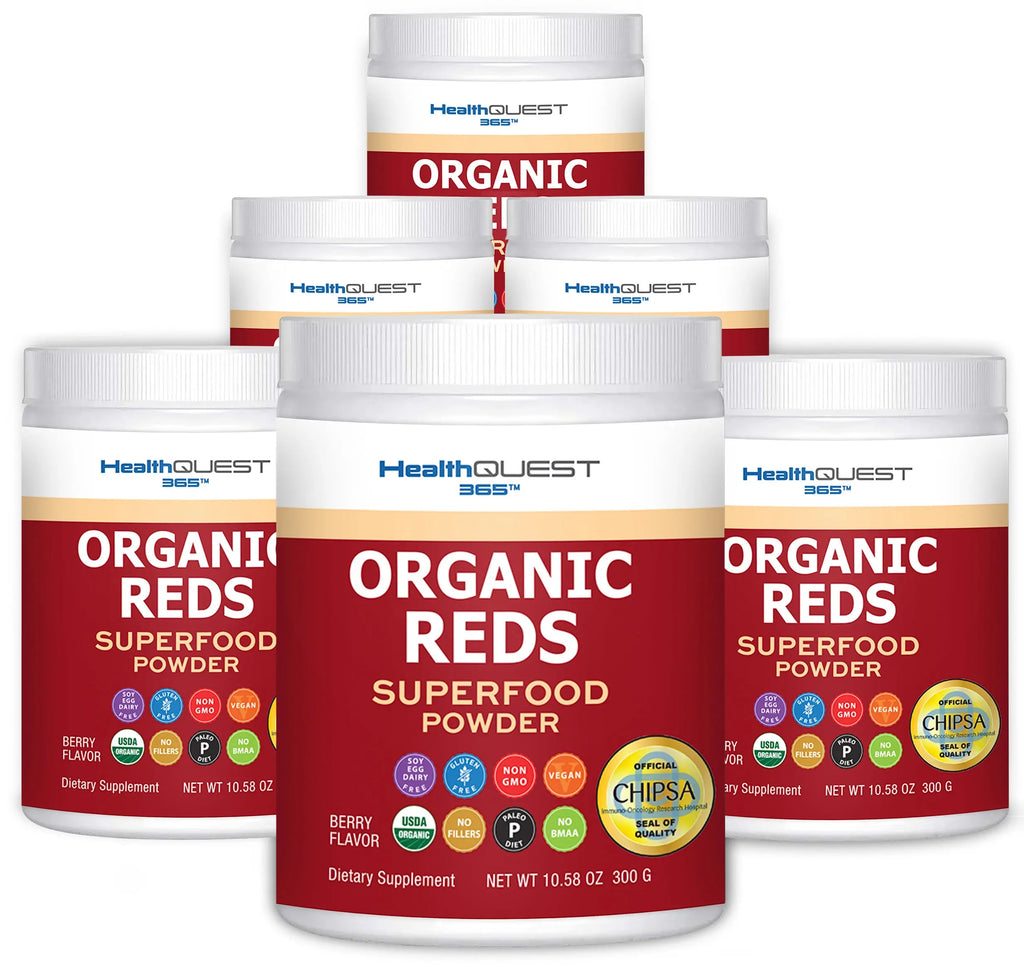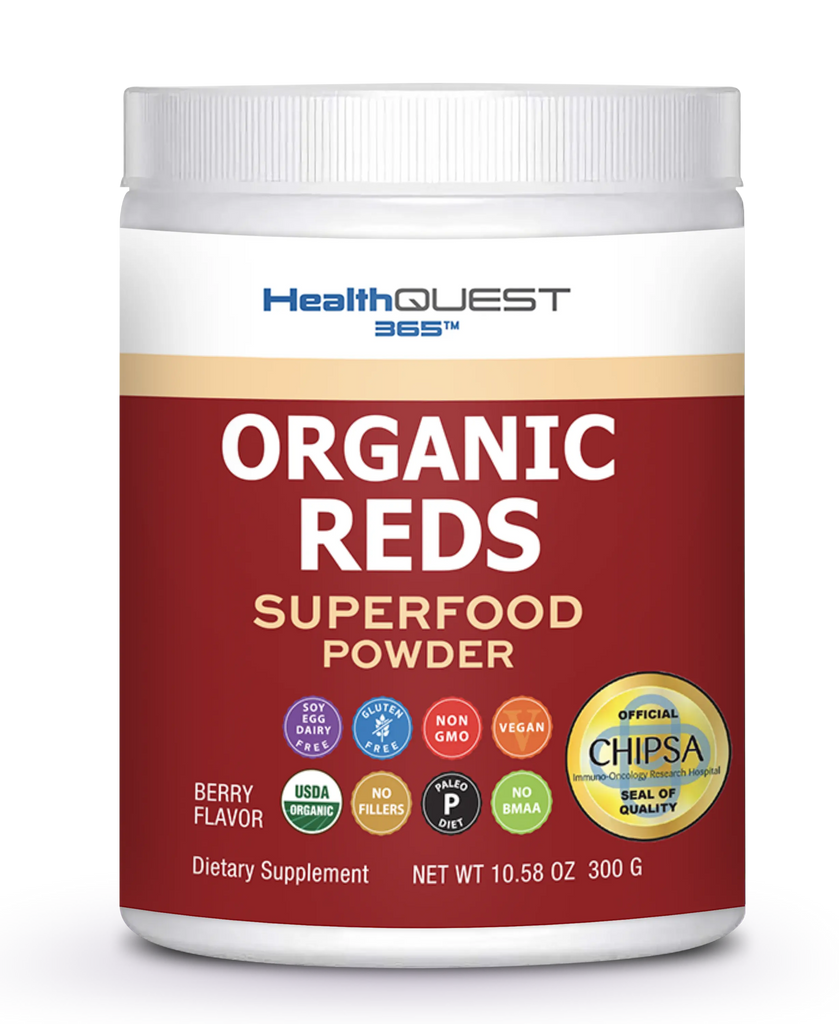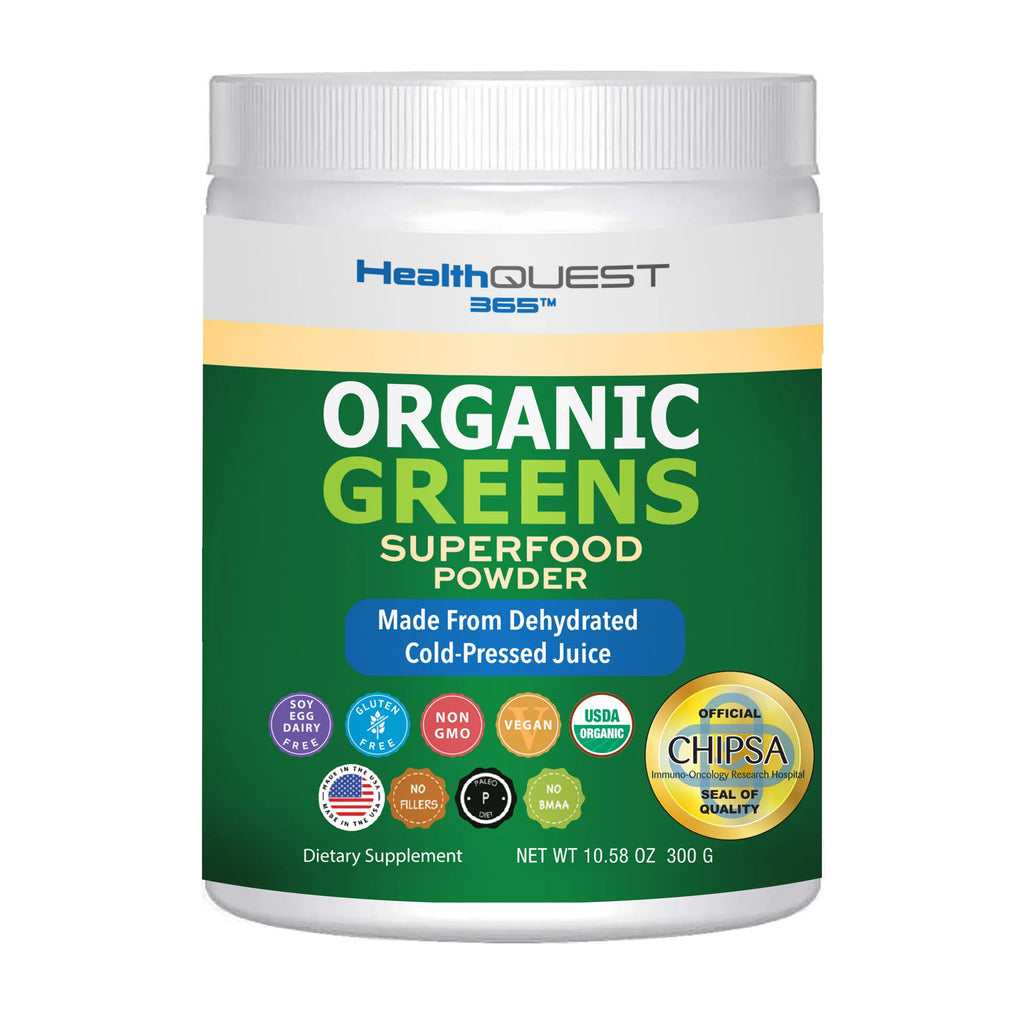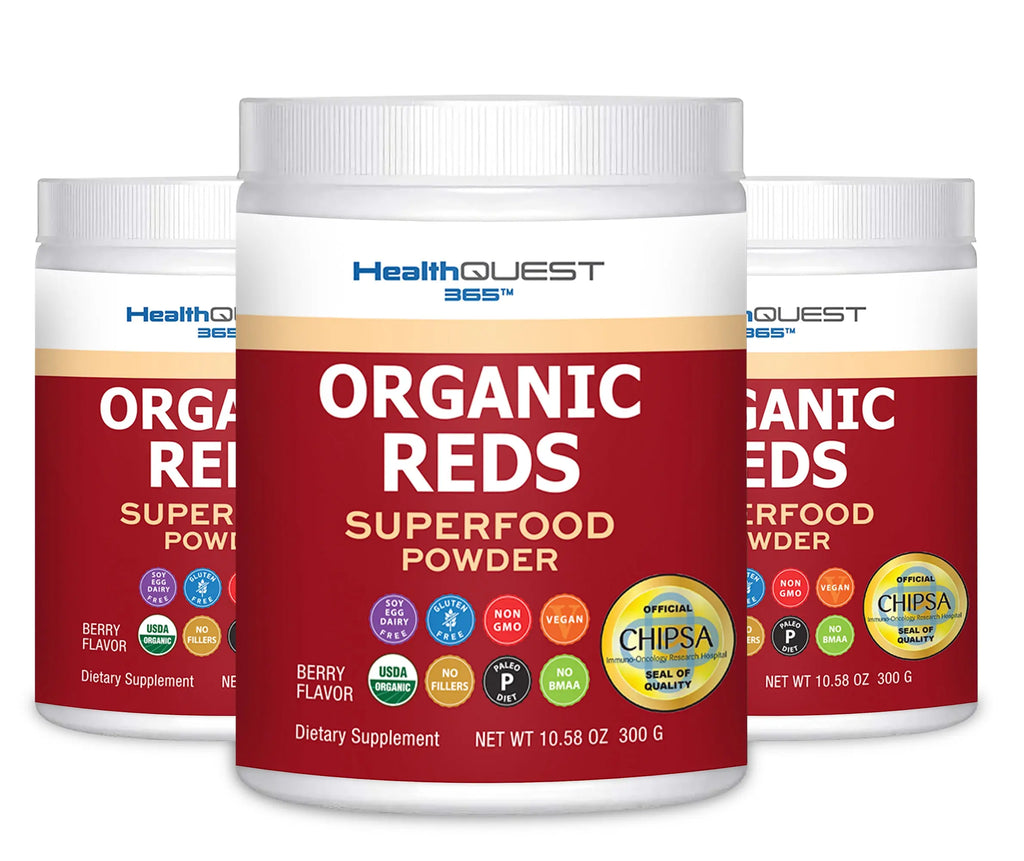It’s about health. It’s about healthy lifestyle. It’s about family™

Rheumatoid Arthritis of Knee: Know the Basics
Rheumatoid arthritis is among the most common autoimmune disorders in the world, but what exactly is it? What do people living with rheumatoid arthritis deal with? What do you need to look out for, and are there effective treatments for it?
If these are your questions, you're in the right place. Here’s what you need to know about rheumatoid arthritis of the knee.

WHAT IS RHEUMATOID ARTHRITIS ?
Rheumatoid arthritis is an autoimmune disease. It is a chronic inflammatory disorder where your immune system, instead of attacking viruses, attacks the healthy tissue. It specifically attacks the joint tissue called the synovial membrane. The knees are among the most affected joints by this disease.
SIGNS AND SYMPTOMS OF RHEUMATOID ARTHRITIS
KNEE JOINT PAIN, STIFFNESS, AND INFLAMMATION
The early stages of rheumatoid arthritis typically target small joints first. You will experience painful swelling and joint tenderness which are particularly worse in the mornings. Carpal tunnel syndrome, which involves joint stiffness, is also commonly associated with signs and symptoms of this condition.
APPEARANCE OF RHEUMATOID NODULES
Joint inflammation may include the appearance of lumps or nodules under the skin. When you suffer injury near the joints affected by rheumatoid arthritis, they can easily form into lumps due to hyperactive immune system response.
FATIGUE AND WEIGHT LOSS
Immune system disorders can easily lead to fatigue due to the hyperactivity of the immune system. It can lead to difficulty being physically active and to loss of appetite, resulting in weight loss.
CAUSES OF RHEUMATOID ARTHRITIS
While there is no known direct cause for rheumatoid arthritis, the following factors can lead to a higher risk of developing it.
GENETIC AND ENVIRONMENTAL FACTORS
According to Kurko et al., there is about a 60% chance of rheumatoid arthritis being inherited. If any of your parents have rheumatoid arthritis, there is a chance for you to develop it, too. However, this is mostly triggered by environmental factors. For instance, smoking leads to an increased risk of the disease.

Give You ALL Our Best Workbooks
Get all the Best Workbooks + Action Guides from our expert
AGE AND SEX
According to the American College of Rheumatology, rheumatoid arthritis affects more than 1.3 million Americans, and about 3/4 of them are women. Middle-aged people are also most likely to start developing this chronic disease.
DIET CHOICES
Excessive intake of red meat and sodium has been associated with an increased risk of developing rheumatoid arthritis (Gioia et al.). On the other hand, antioxidant-rich fruits and vegetables, whole-grain foods, and fish can lower the risk of developing it.
If coming up with the perfect diet menu proves difficult, here's a good option: organic greens supplement.
Organic Greens 365 is a superfood that has the balanced mix of nutrients you need. It is rich in antioxidants, fiber, and probiotics that help with immune system balance. Buy it now from HealthQuest365 and mix it with your favorite drink!
HOW TO DIAGNOSE RHEUMATOID ARTHRITIS
BLOOD TESTS
A high level of c-reactive protein or erythrocyte sedimentation rate in the blood is usually a sign of inflammation within the body. Different types of blood tests can be done to detect this. Another type of blood test is the rheumatoid factor test which, according to the American College of Rheumatology detects autoimmune proteins in your body.

IMAGING TEST & TREATMENT OPTIONS
MEDICAL TREATMENT
Depending on the severity, a healthcare professional may suggest different medicines for rheumatoid arthritis. Nonsteroidal anti-inflammatory drugs (NSAIDs) can help reduce pain and relieve symptoms. As much as possible, however, Chauhan et al. suggest that patients undergo "early treatment with disease-modifying antirheumatic drugs".
Of course, your overall medical history may affect the drugs you are allowed to take.

FREE "Mystery Gift"?
Let me stay in touch with you via email and as a thank you - get this FREE gift.. Something others paid over $1,000 for.
(True story)

THERAPY
To aid stiff joints, physical therapy is also recommended for people with rheumatoid arthritis. Physical activity and exercise can help relieve pain and encourage flexibility.
SURGICAL TREATMENT
When the joint is too damaged or too painful to endure, a knee joint replacement can be done. Part of the joint will be surgically removed and replaced with a prosthesis made of plastic, metal, or ceramic.
To Wrap Up
Rheumatoid arthritis is a serious condition that can affect your quality of life. Do not ignore the signs and go to treatment early. Patient education is an important part of treatment.
FREQUENTLY ASKED QUESTIONS
Symptoms include pain, swelling, stiffness, warmth, and decreased range of motion in the knee joint.
Diagnosis involves a physical examination, medical history review, imaging tests (like X-rays or MRI), and sometimes blood tests to detect inflammation and specific antibodies associated with rheumatoid arthritis.
Treatment may include medications (such as disease-modifying antirheumatic drugs and corticosteroids), physical therapy, lifestyle modifications, and in severe cases, surgery.
While it cannot be prevented, early diagnosis and appropriate management can help slow disease progression and minimize joint damage.
Maintaining a healthy weight, staying physically active with low-impact exercises, using supportive footwear, and avoiding high-impact activities can help manage symptoms and preserve joint function.







